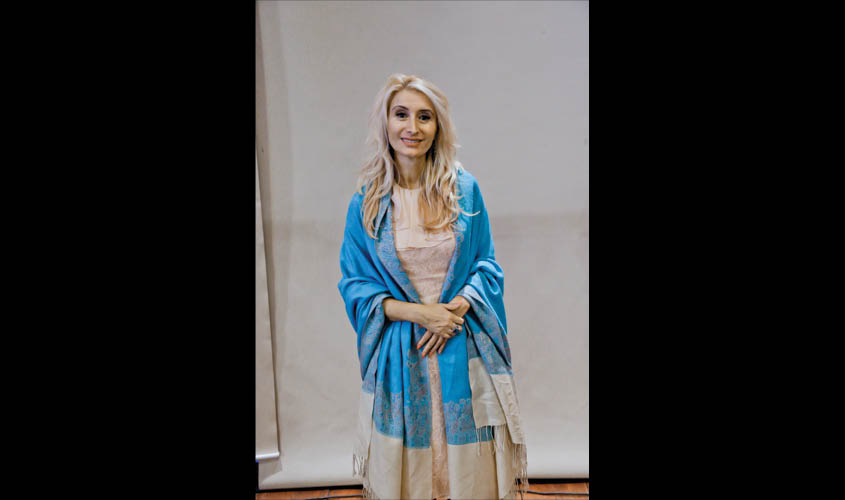At one of the TLL sessions, Akcelina Cvijetic, the British “Ultimate Wellbeing Specialist”, said, “All exercises are important, but it is more important to differentiate between them, on the basis of their timings. I will highly recommend morning exercise, because after each exercise, more hormones are released and they are both feel-good hormones and distress hormones. Therefore, those who tend to exercise late in the evening have problems sleeping. Morning exercise is, therefore, the best exercise because it really activates your metabolism throughout the day.”
Cvijetic uses a multi-disciplinary approach of Eastern and Western therapies to treat the mind, body and spirit. These therapies include: Nutritional Therapy, Thought Field Therapy (TFT), Neuro-Linguistic Programming (NLP), Clinical Hypnotherapy and Life Coaching.
Talking about how to be agile and happy in our day-to-day hectic life, she said, “Apart from exercise, different types of yoga, meditation, specially breathing exercises are important. Pranayama we must do, no matter how busy we are, and it does not take much time. Above all, mindfulness is most necessary. Be mindful in whatever you do, whatever you eat. Creative visualisation—using imagination to make dreams and goals come true—is also very helpful.”
Understanding our emotions is one of the keys to live happily. Cvijetic said, “There are no positive or negative emotions. Emotions are honest. They are part of our emotional intelligence. Emotions try communicating something. For example, anxiety is some kind of underlying fear that informs us that we are not ready or prepared for something. A positive message it communicates, is that we care and we want to do well in whatever job we are doing. If we ask such meaningful questions, we can cope with such problems as well.”
She added: “I tend to call depression, suppression—suppression of emotions, suppression of joy, suppression of intentions, suppression of plans, suppression of spirit. For example, suppose if we belong to a family of doctors and want to continue that tradition, but failing to do so, we should relook our desires and hobbies and find different outlet to do things, nourish them. Depression is a complicated subject but we can live happy by reworking on our suppressed emotions.”
On the subject of life coaching, Cvijetic said, “We can do our personal exorcism, by exercise, by thoughts—listening to our inner coach rather our own critic, by how we feed ourselves.

